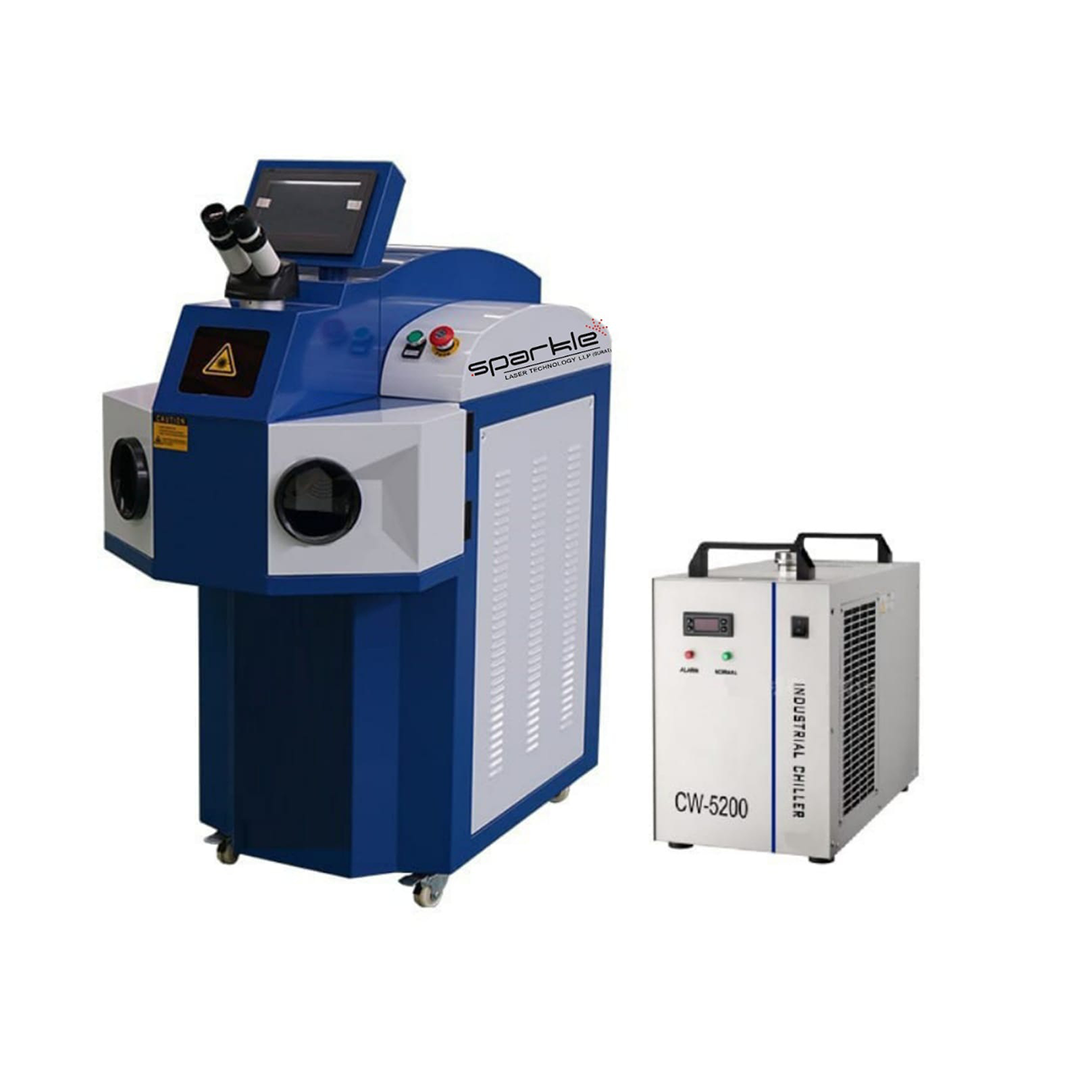In the ever-evolving landscape of manufacturing, innovation is key to staying ahead of the competition. One such innovation that is revolutionizing the industry is laser soldering system. These advanced systems offer numerous advantages over traditional soldering methods, making them a game-changer for a wide range of applications. In this blog, we'll explore the unique benefits of laser soldering systems and why they are becoming increasingly indispensable in modern manufacturing processes.
- Precision and Accuracy:
- One of the most significant advantages of laser soldering systems is their unparalleled precision and accuracy. Unlike conventional soldering techniques that rely on manual dexterity, laser soldering utilizes highly focused laser beams to precisely heat and melt solder joints with pinpoint accuracy. This level of precision ensures consistent soldering quality, even on intricate and delicate components, leading to higher product reliability and performance.
- Versatility and Flexibility:
- Laser soldering systems offer unparalleled versatility and flexibility, making them suitable for a wide range of applications across various industries. Whether it's soldering surface-mounted devices (SMDs), through-hole components, or fine-pitch connectors, laser soldering systems can accommodate diverse soldering requirements with ease. Additionally, these systems can handle a wide range of materials, including metals, ceramics, and even heat-sensitive substrates, expanding their applicability to a myriad of manufacturing processes.
- Non-contact Soldering:
- Unlike traditional soldering methods that involve direct contact between the soldering iron and the workpiece, laser soldering is a non-contact process. This non-contact nature eliminates the risk of physical damage to delicate components and minimizes the risk of contamination, ensuring pristine solder joints with minimal rework or defects. Additionally, non-contact soldering reduces the need for cleaning and post-processing, streamlining the manufacturing workflow and improving overall efficiency.
- Enhanced Process Control:
- Laser soldering systems offer advanced process control capabilities, allowing manufacturers to precisely tailor soldering parameters such as laser power, pulse duration, and beam focus to achieve optimal results. Real-time monitoring and feedback systems further enhance process control, enabling operators to detect and rectify any deviations or anomalies promptly. With greater process control, manufacturers can achieve higher yields, reduce scrap rates, and ensure consistent soldering quality across production batches.
- Environmental Sustainability:
- In addition to their technical advantages, laser soldering systems also offer environmental benefits compared to traditional soldering methods. Unlike soldering irons that rely on consumable materials such as flux and solder wire, laser soldering systems utilize minimal consumables, resulting in reduced material waste and environmental impact. Furthermore, the energy-efficient nature of laser soldering minimizes energy consumption, contributing to lower carbon emissions and overall sustainability in manufacturing operations.
Conclusion:
Laser soldering systems represent a paradigm shift in modern manufacturing, offering unparalleled precision, versatility, and process control compared to traditional soldering methods. With their ability to deliver high-quality solder joints with minimal rework, non-contact operation, and environmental sustainability, laser soldering systems are poised to become the preferred choice for manufacturers seeking to optimize their production processes and drive innovation in their respective industries. As technology continues to advance, the potential applications and benefits of laser soldering systems are only expected to grow, further solidifying their status as a transformative force in manufacturing.





Comments